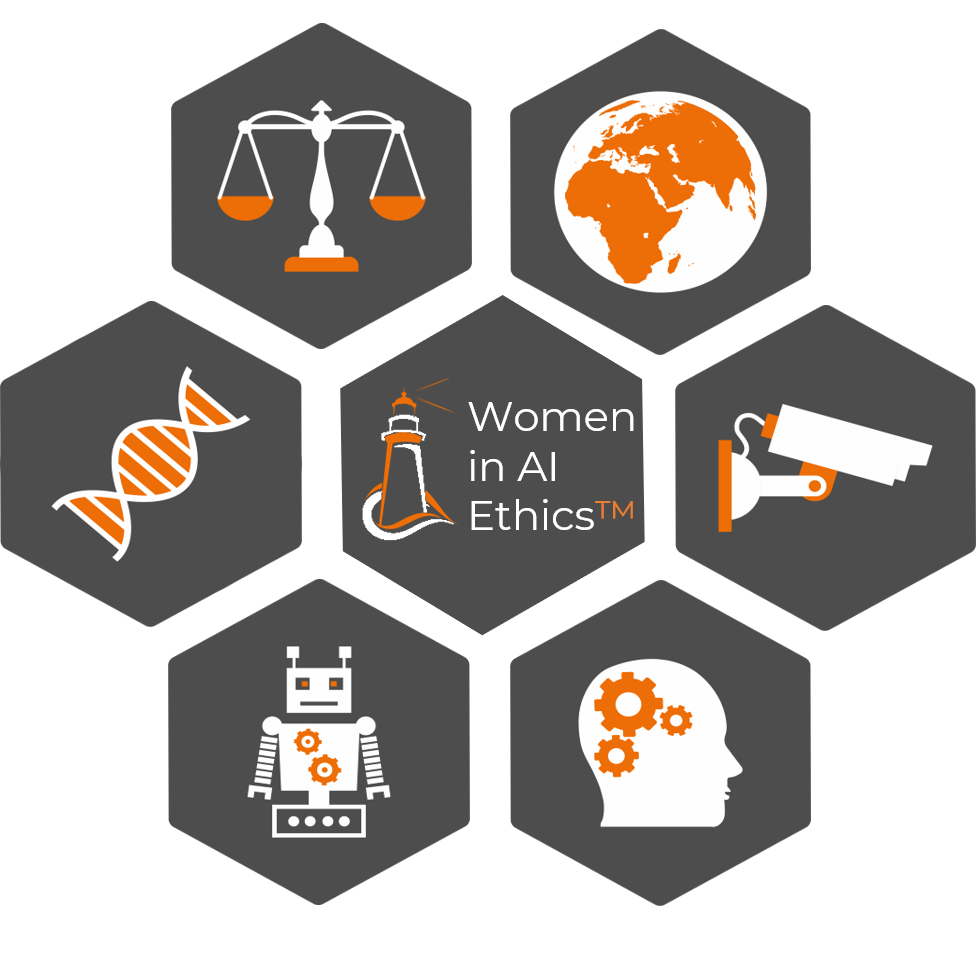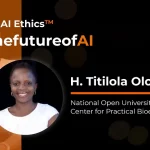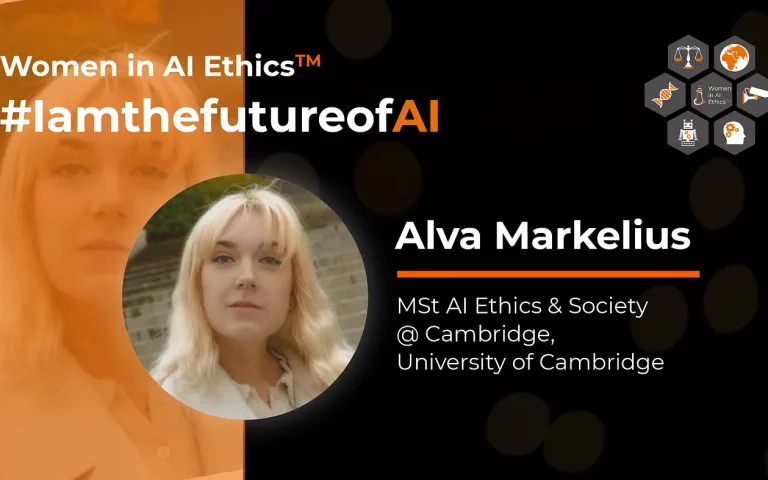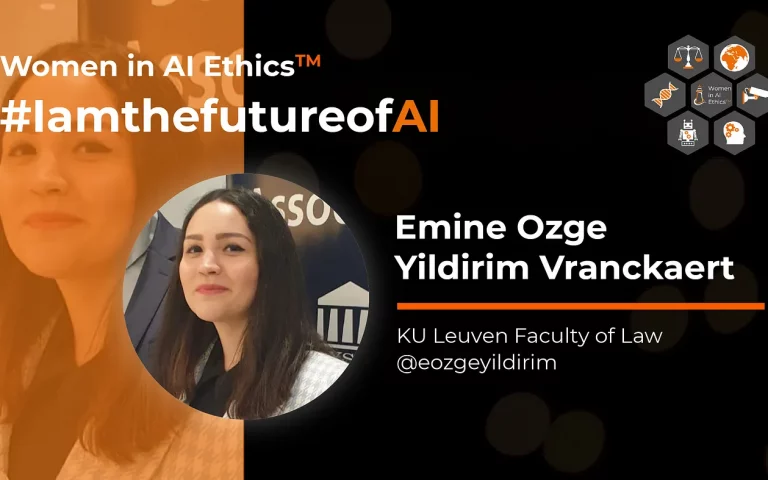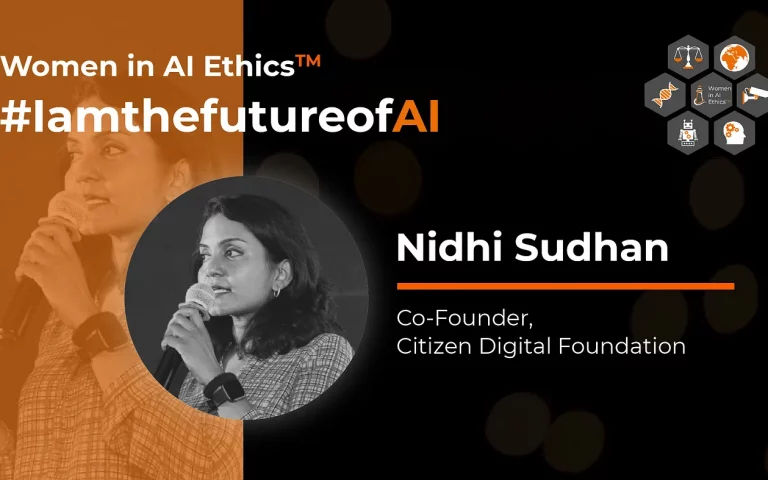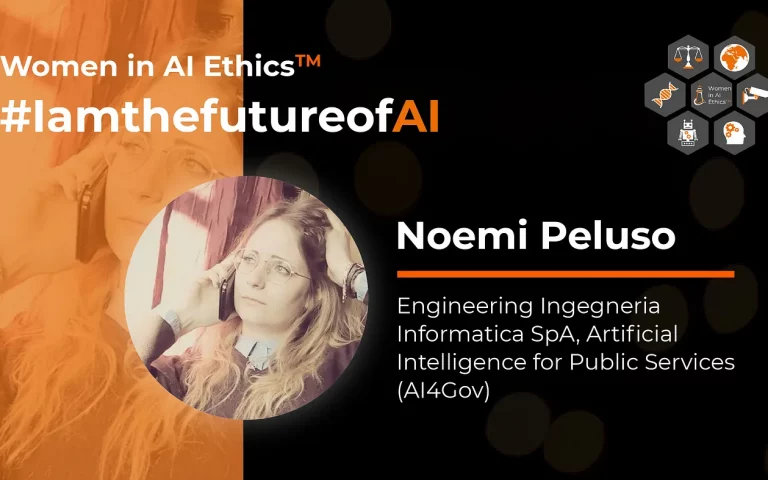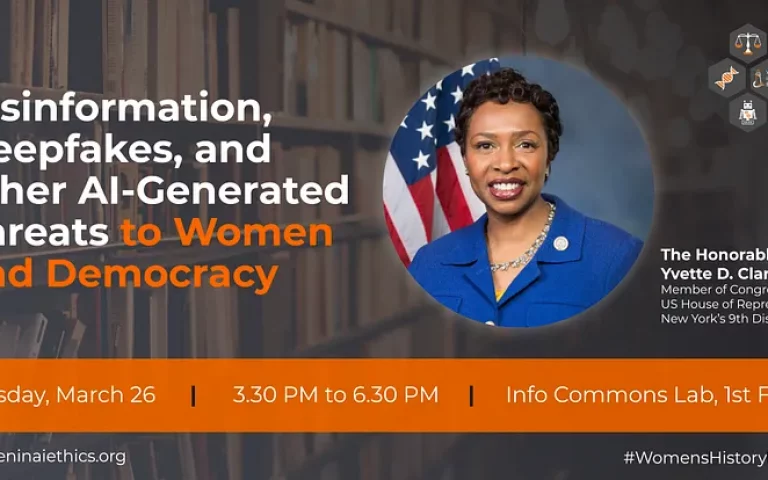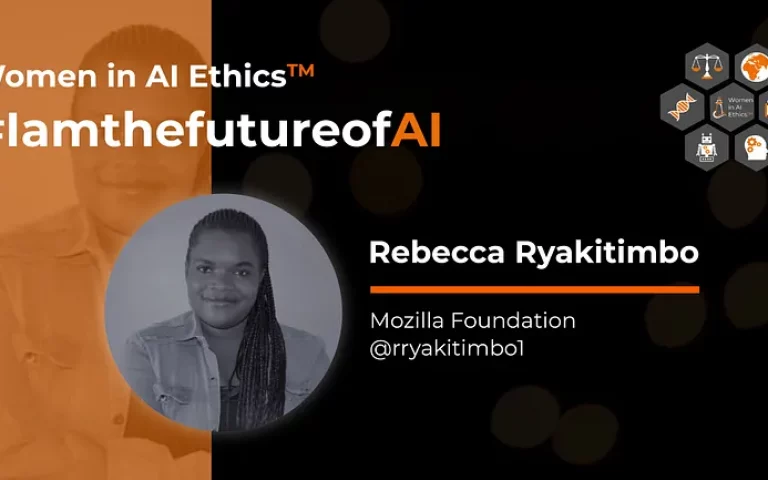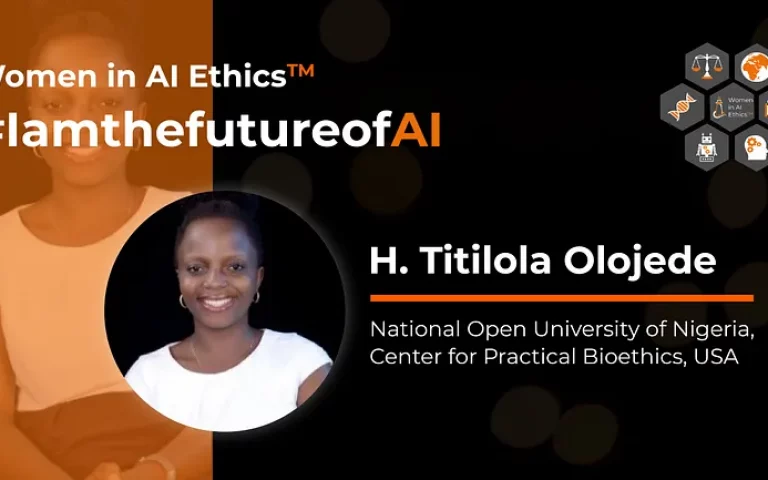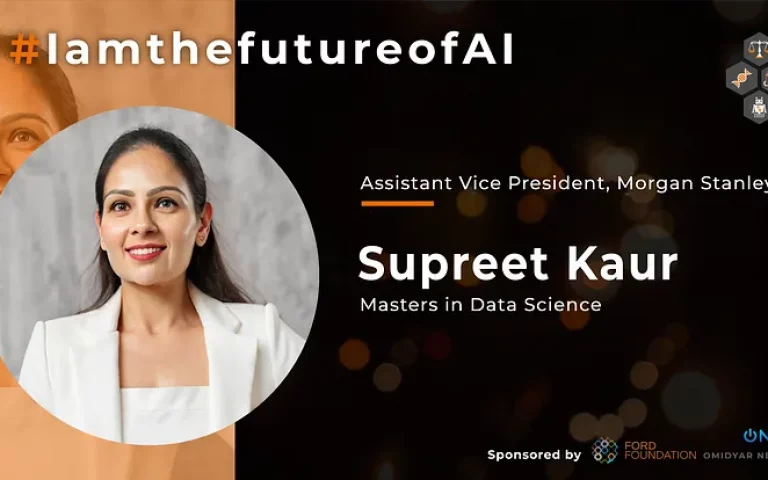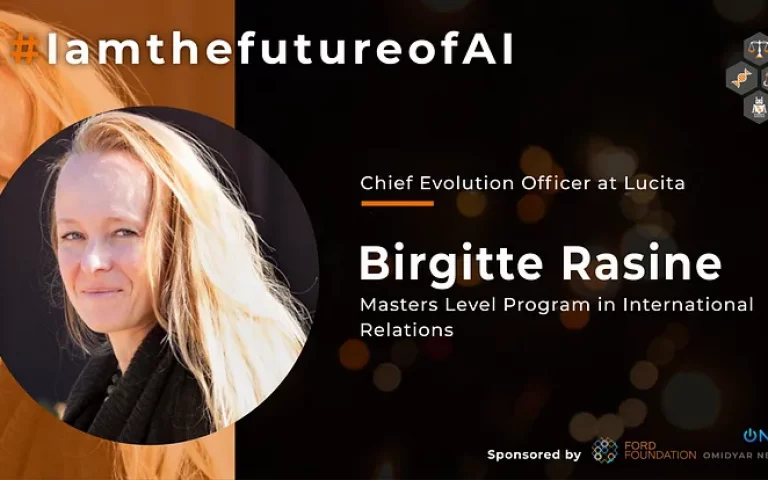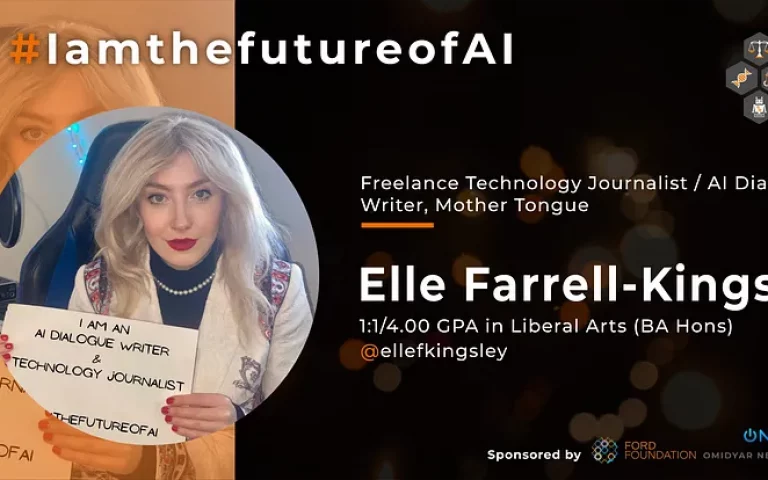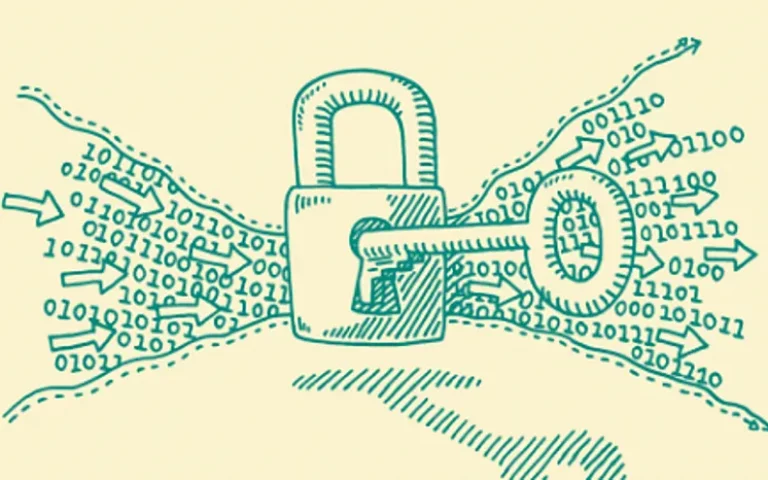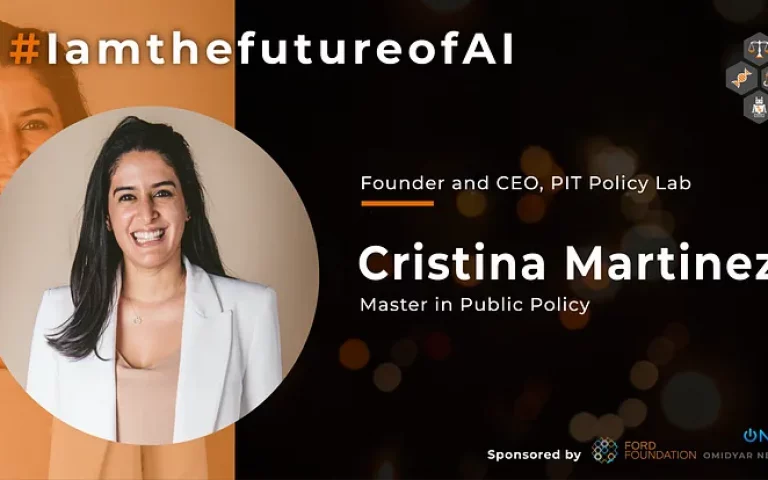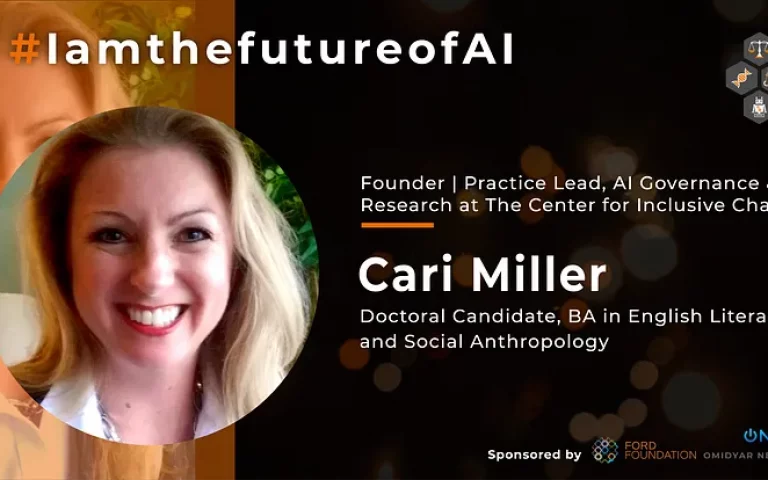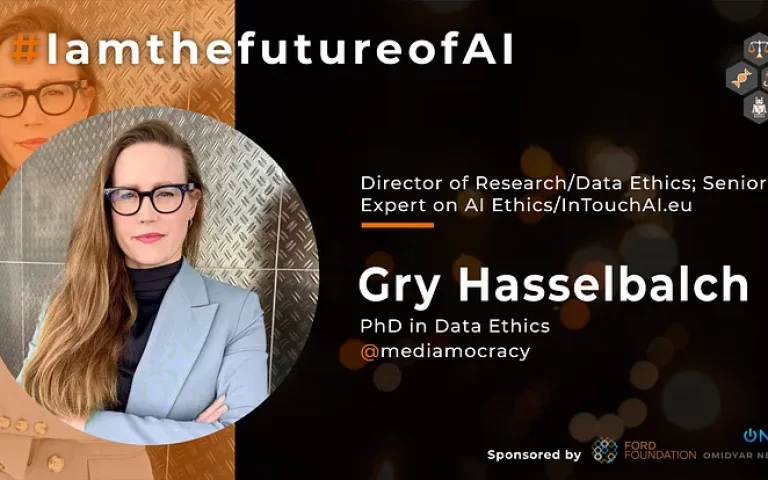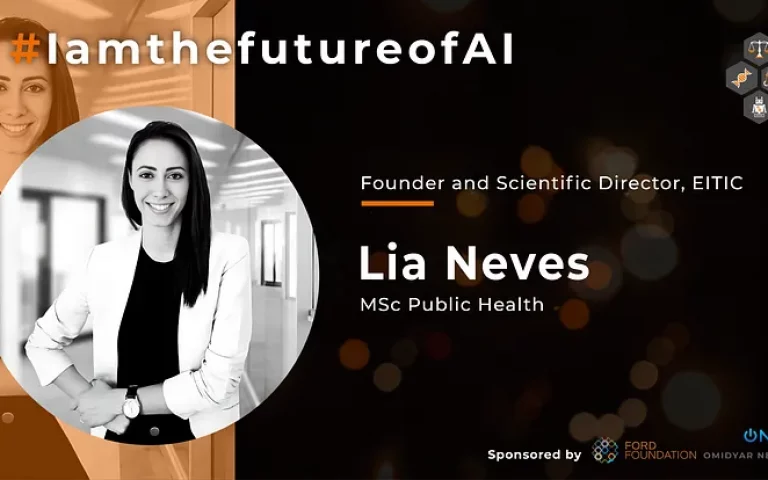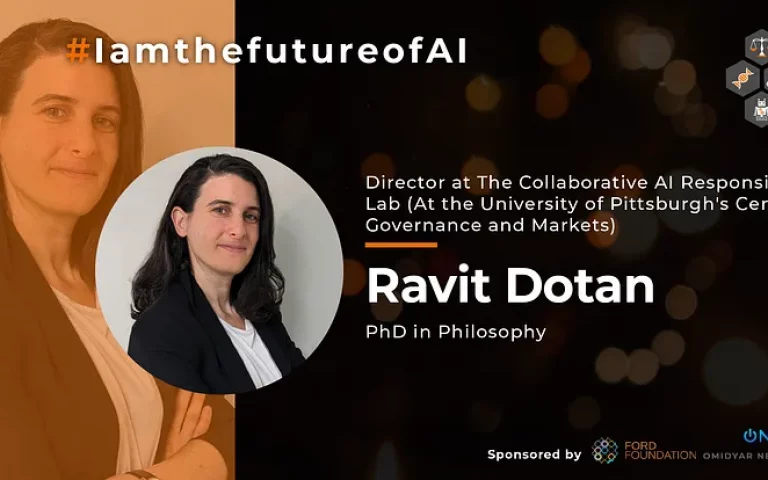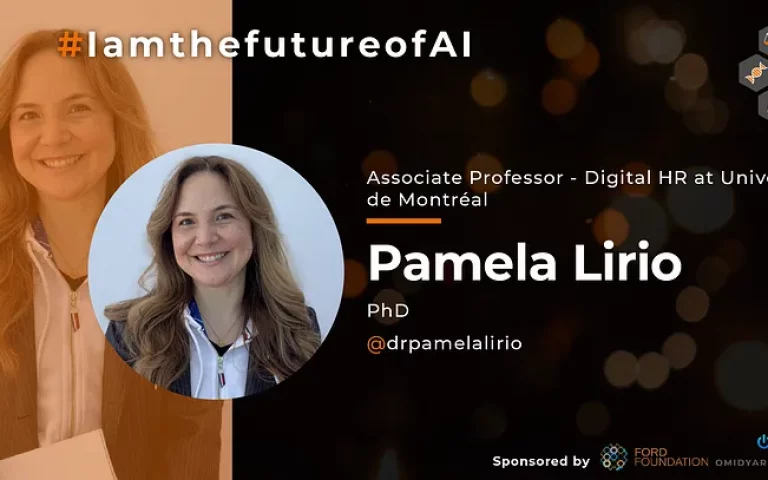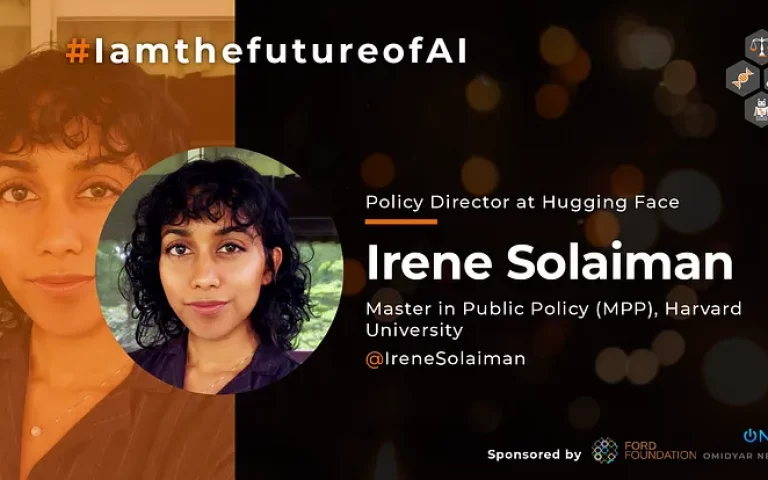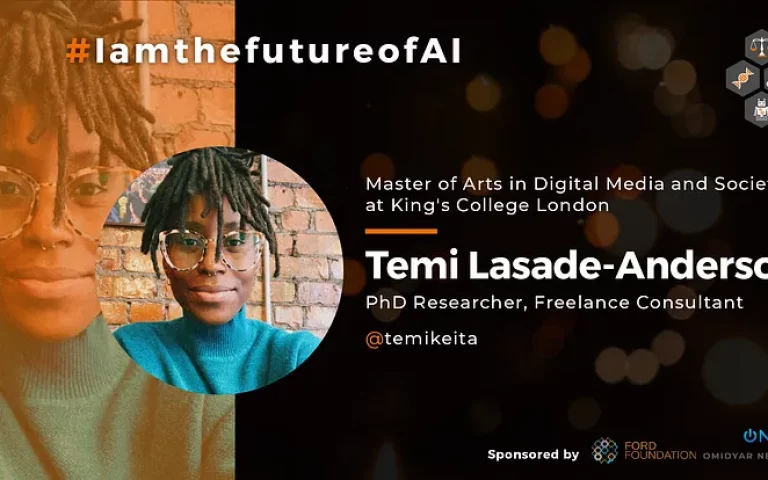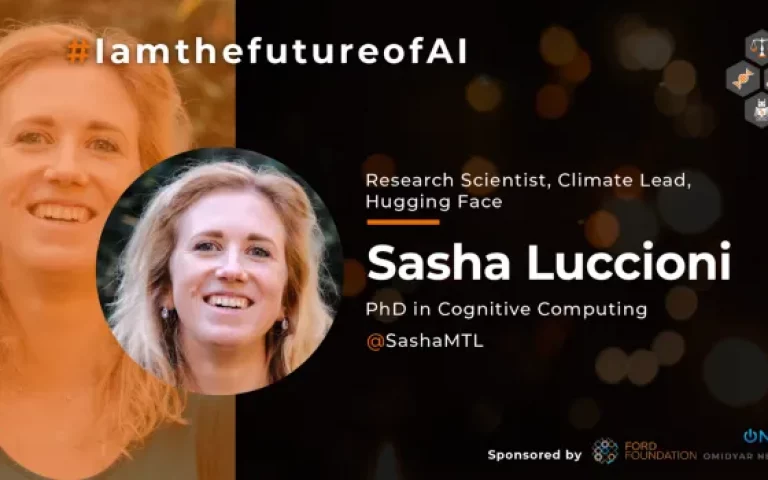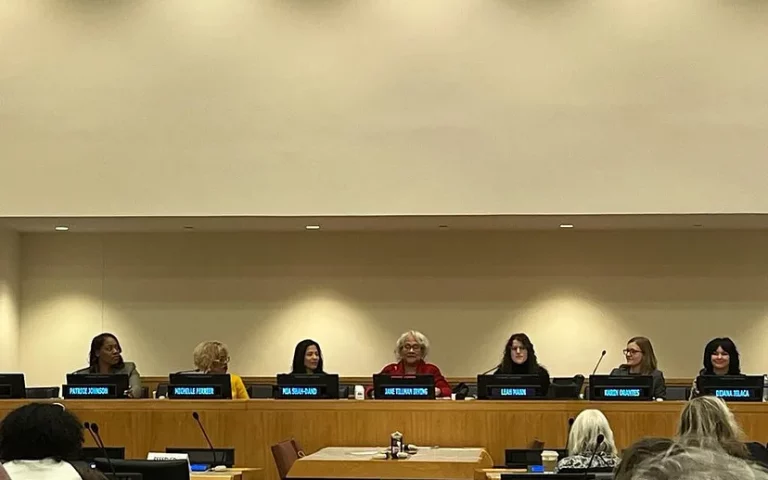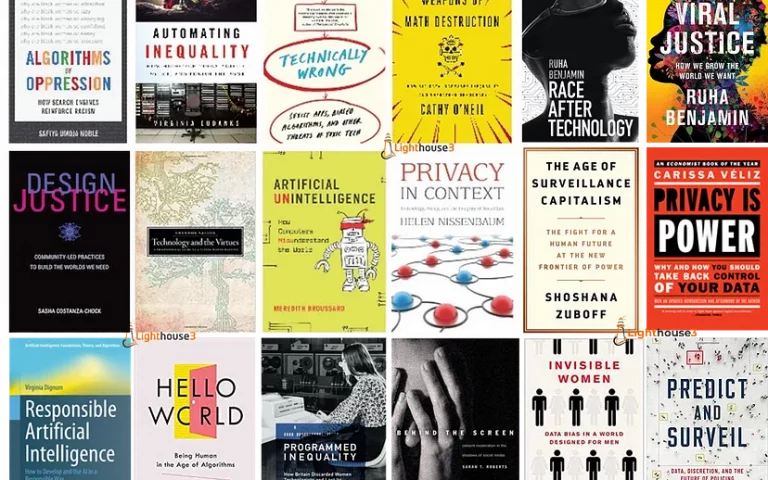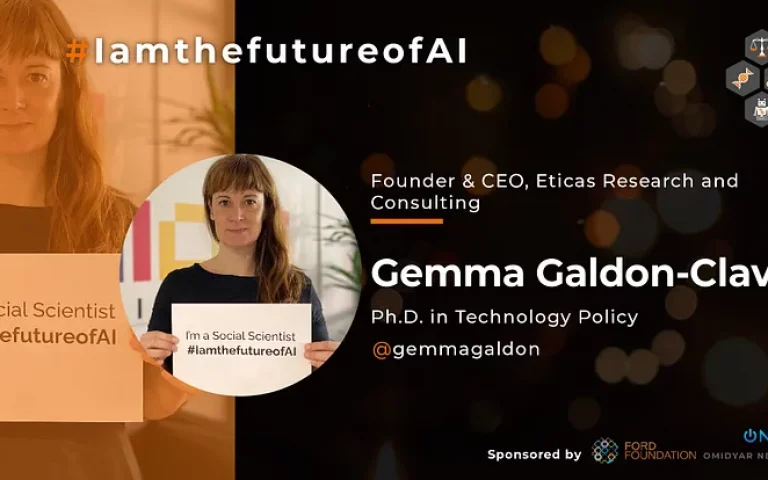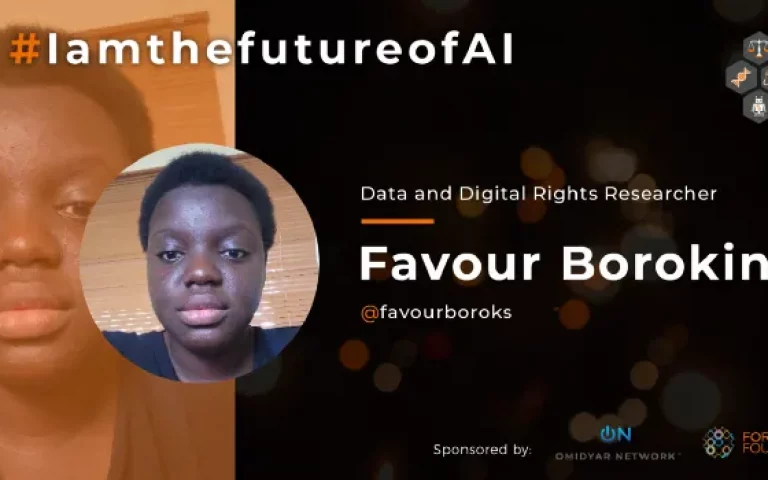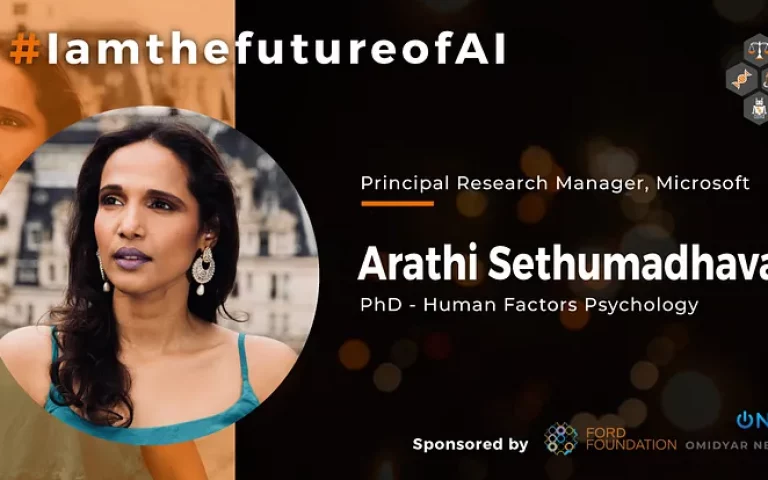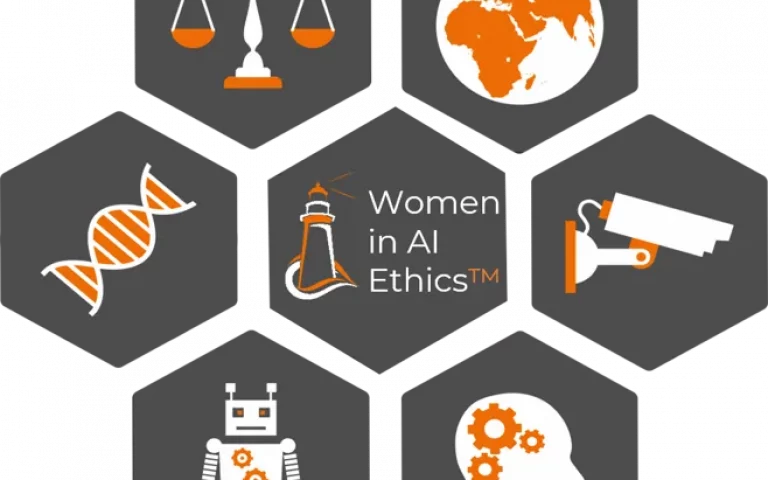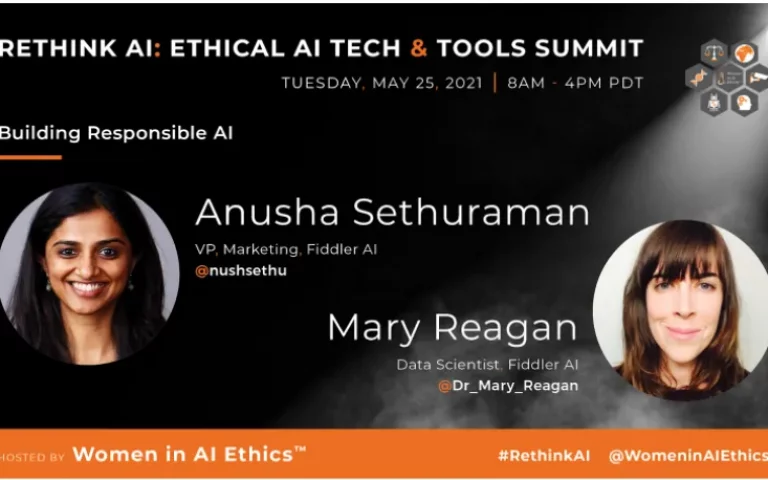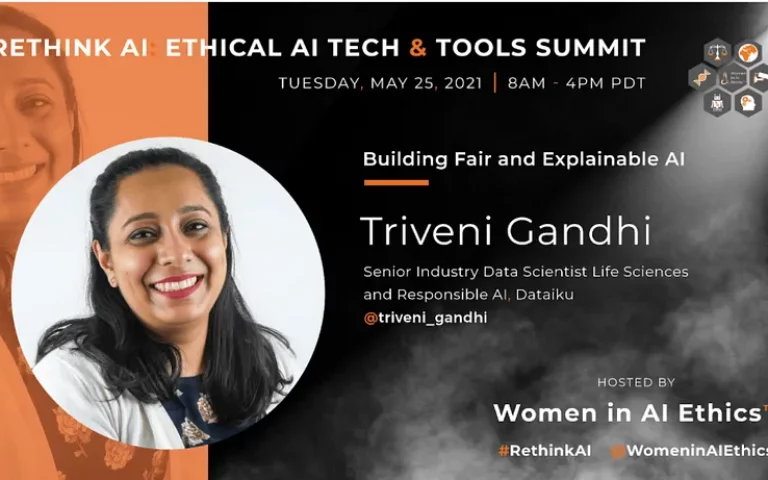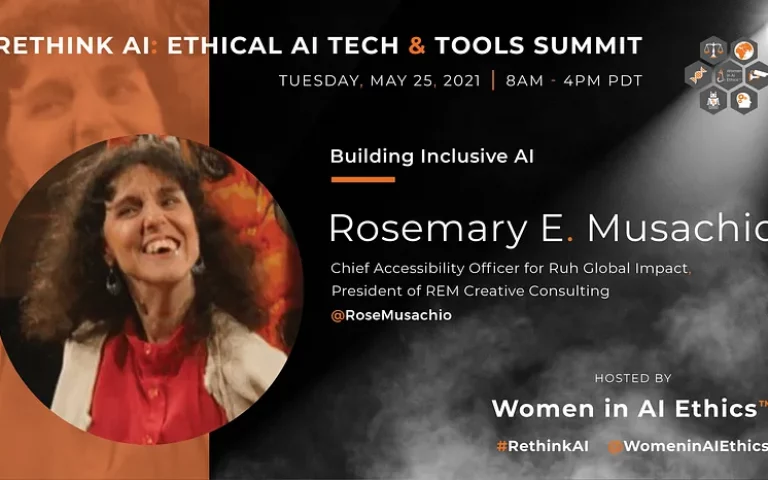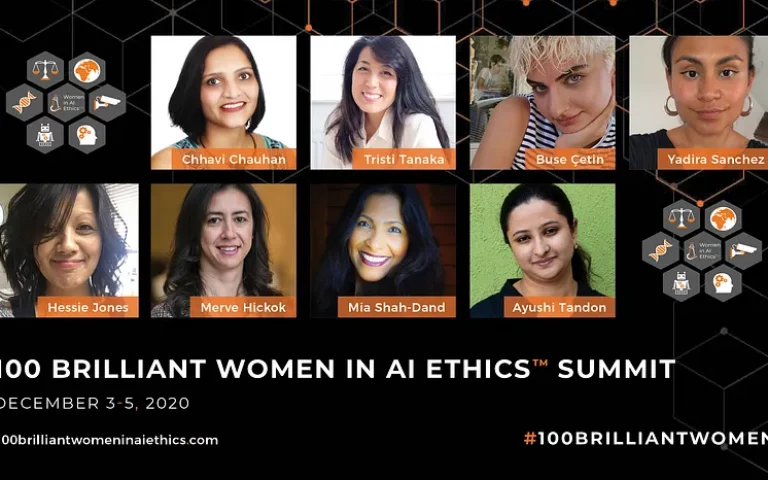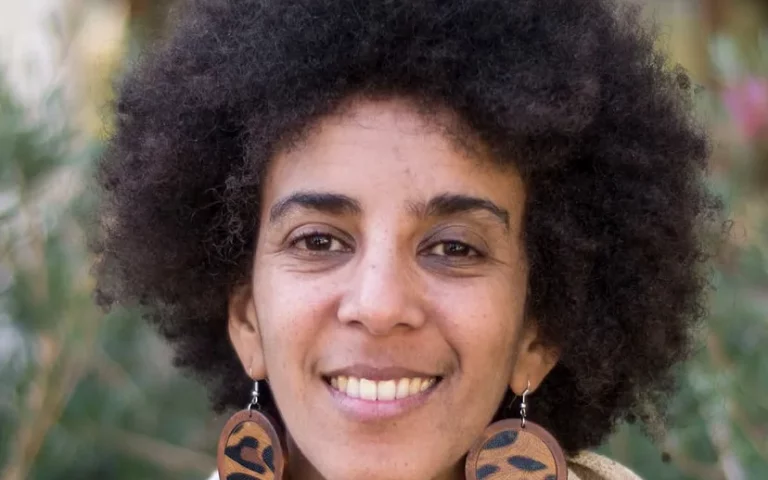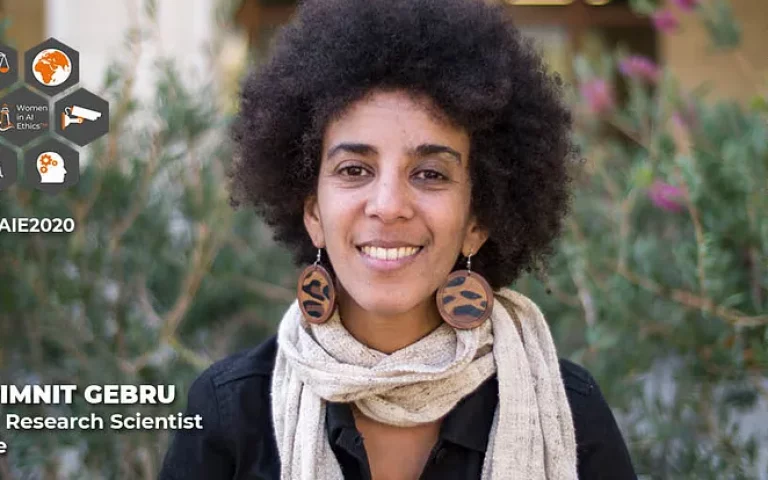Today we feature the career journey of Emsie Erastus, a Digital Rights Specialist at Internews in Zambia. Learn how she leads at the intersection of journalism and technology while dismantling biases ingrained in AI, advocating for fairness, and striving for a more inclusive digital landscape.
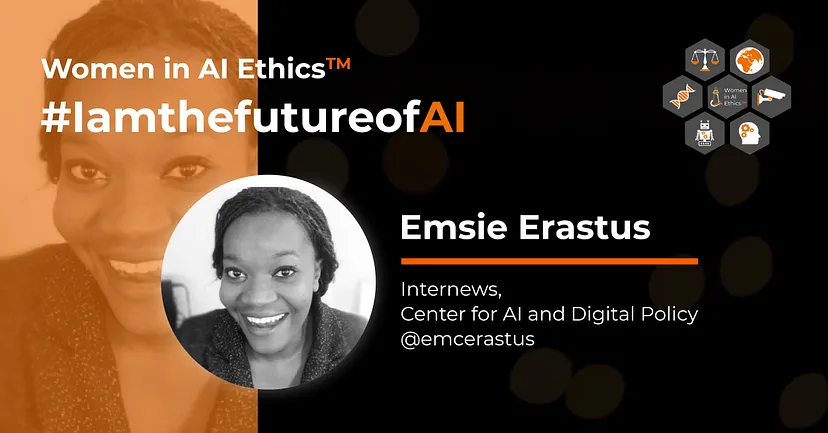
This interview is part of Women in AI Ethics (WAIE) “I am the future of AI” story series, which highlights multidisciplinary talent in AI by featuring inspiring career journeys of women and non-binary people from historically underrepresented groups in tech.
Can you share an incident that inspired you to join this space?
My interest in AI ethics was influenced by how everyday technology made decisions for me and the limited options I had to opt out. As a journalist, I worked at a news and current affairs online desk. The amount of information filters I witnessed as an African journalist was unbelievable, and I knew a higher power was at play. Information integrity was not an option in most of the tech I engaged daily. I quickly realized that AI technologies could cause harm and perpetuate existing inequalities if not developed and deployed ethically, and those who will suffer most are millions of people on my continent, Africa. This realization inspired me to explore the field of AI ethics and contribute to addressing the complex challenges in this space. My work is also highly inspired by Dr. Joy Buolamwini, Timnit Gebru, Dr. Seeta Peña Gangadharan, Ruha Benjamin, and other women of color who have coined these concepts and paved the way for us to explore the field further.
How did you land your current role?
My background started in journalism, working at an online news desk in Namibia. We would post stories, and social media platforms heavily policed them. However, western media houses would post similar stories, and they would not get removed. This became problematic when we posted stories of indigenous communities like the OvaHimba women and girls. The social platform’s algorithms are unfair to African journalists, and we cannot contest them. I realized the problem was more significant than our newsroom and went far beyond social media platforms. My phone, laptop, CCTV cameras in my community, and simple tech in bathrooms were not reacting to my skin tone the way they were responding to my white counterparts. I started researching and exploring the central dynamics of algorithms of social media platforms and became interested in how technology impacts the social life of Africans. I pursued an MSc in Media and Communications at the London School of Economics (LSE), where I studied Technology and Justice under the mentorship of Dr Seeta Peña Gangadharan. Additionally, I have done research work on online violence against women and girls with organizations such as the Internet Society of Namibia (where I was an advisory board member) with other great women like Nashilongo Gervasius in my home country, Namibia. I was also a digital inclusion and media fellow with Paradigm Initiative. This pan-African organization allowed me to explore the dynamics of AI biases from a social science viewpoint.
What kind of issues in AI do you tackle in your day-to-day work?
I am a Digital Rights Specialist at Internews based in Zambia. I lead, develop, and implement activities to promote digital rights in Zambia, including AI ethics, data protection, privacy, cybercrime, and cybersecurity. Through this work, we aim to provide technical support to civil society organizations, the media, the private sector, and the Government of Zambia to promote digital rights that meet international standards. We are advocating for repealing the Cyber Security and Cyber Crimes Act of 2021 and other laws that do not align with regional and international best practices.
Why is more diversity in the AI ethics space important?
In 2010, I worked with a unique feminist organization in South Africa, Gender Links; a woman who particularly inspired me was the late Sarry Xoagus-Eises. She used to say that African women experience triple oppression. 1. We are oppressed because of our skin color 2. We are oppressed for simply being women, and 3. We are oppressed for being African. Thus, if diversity is not allowed the prominence it deserves, we risk excluding billions of people, particularly those from marginalized groups. The past has taught us that excluding certain members of society does not play in the best interest of humanity.
What is your advice to those from non-traditional backgrounds who want to do meaningful work in this space?
It is essential to realize the unique experiences that different sectors bring to the table. Technology impacts all sectors; look around your community, be open to people’s deepest needs, and merge that into AI ethics. It is human stories and experiences that will change the AI landscape and foster systems that are respectful of human rights.
Emsie holds an MSc in Media and Communications with distinction from the prestigious London School of Economics and Political Science (LSE). With a wealth of experience in the field, she specializes in conducting research and providing technical support on critical Digital Rights topics, including AI ethics, data protection, privacy, cybercrime, and cybersecurity in the context of Africa. In her current role, Emsie takes the lead in developing and implementing activities aimed at promoting digital rights in Zambia in designing strategies to align digital laws in Zambia with international standards and frameworks.
Connect with her on LinkedIn.
Sign up for the Women in AI Ethics mailing list to stay connected with this community of AI pioneers, experts, and emerging talent.
